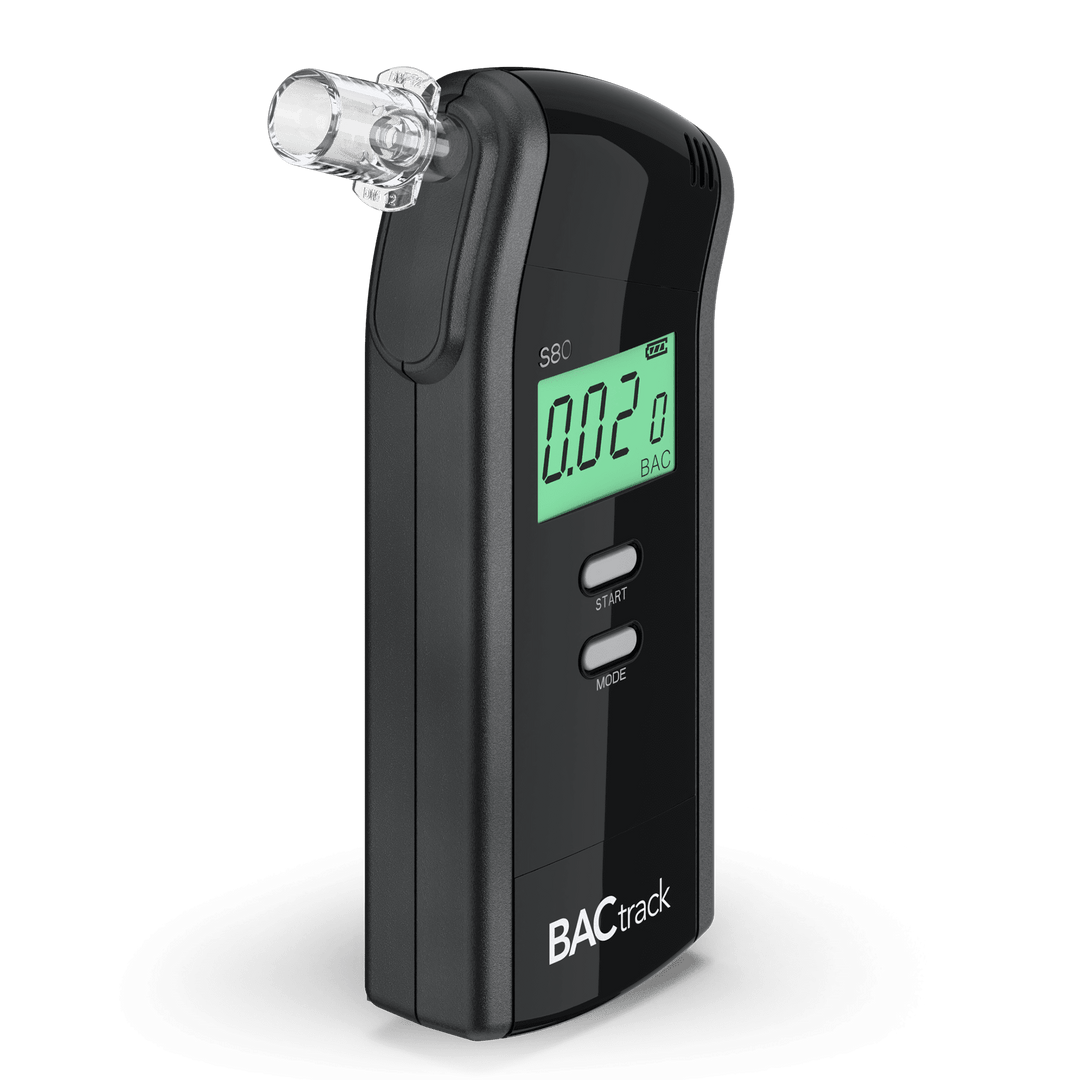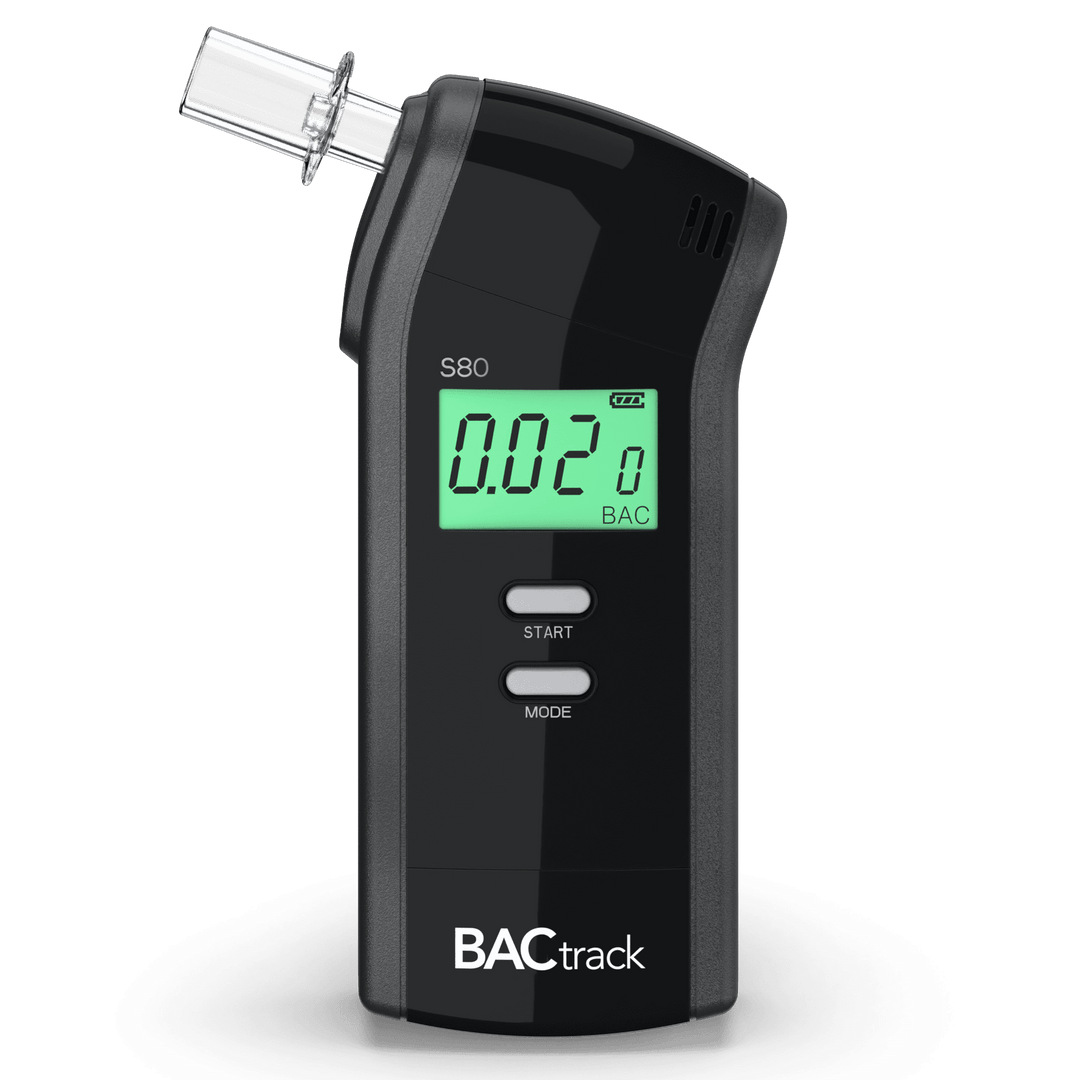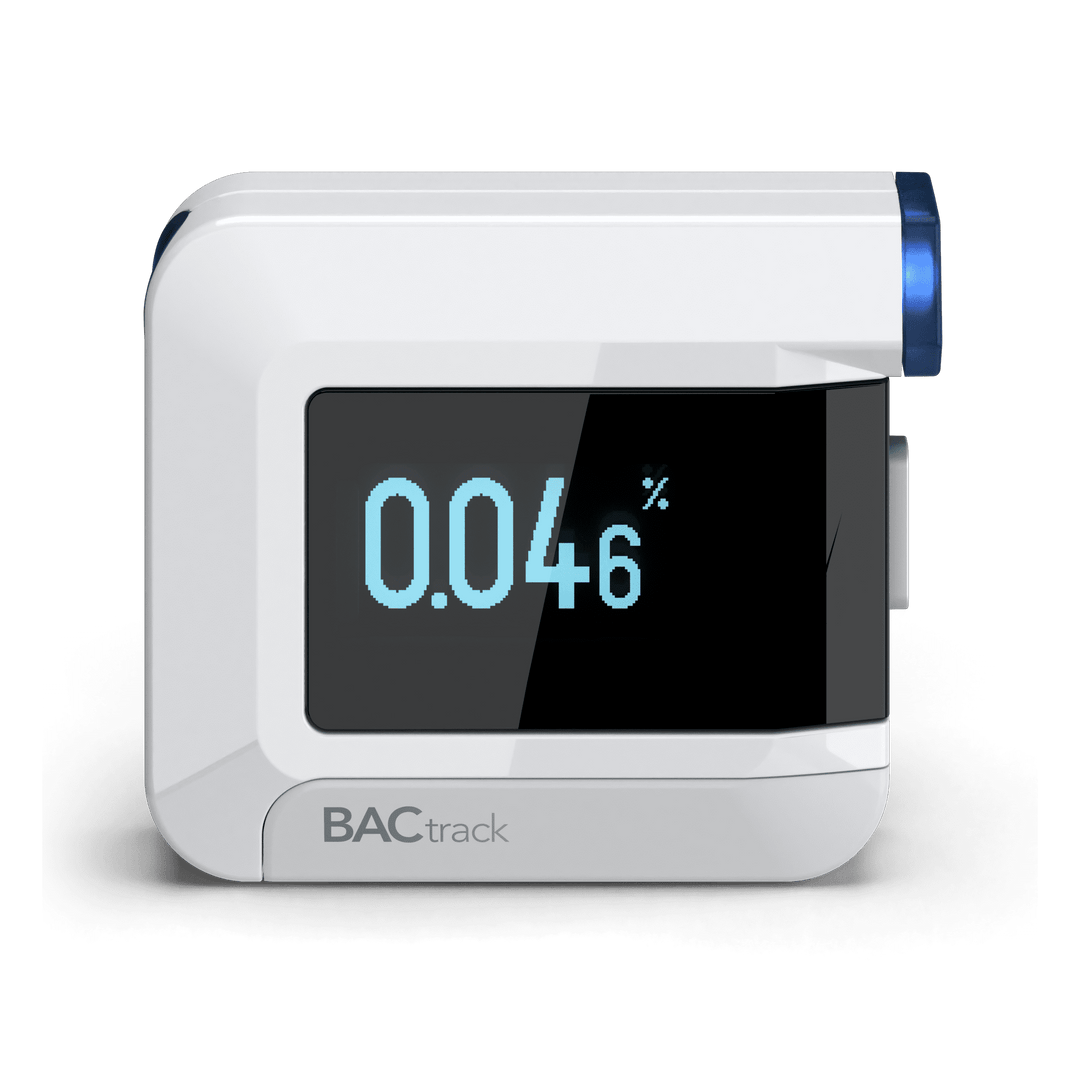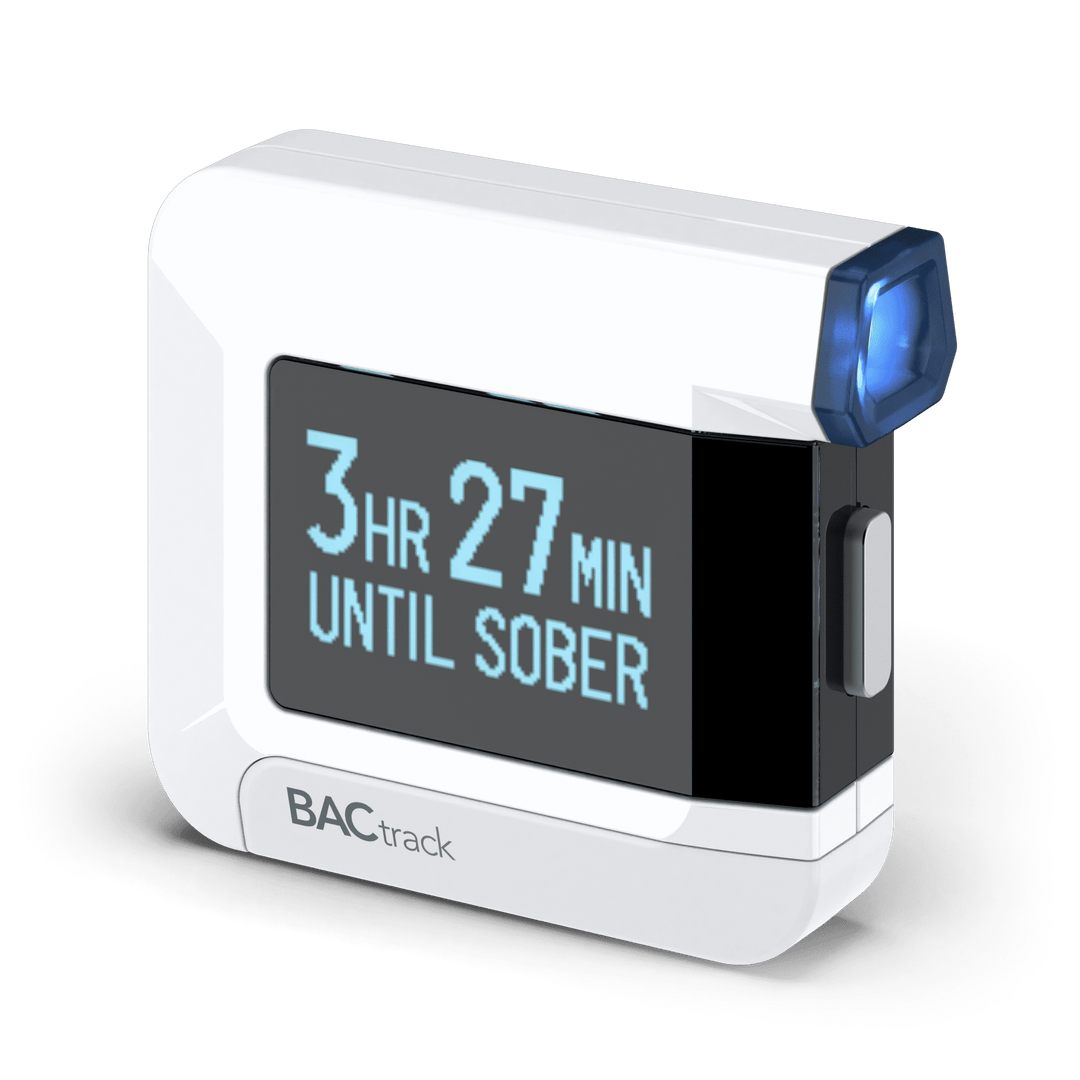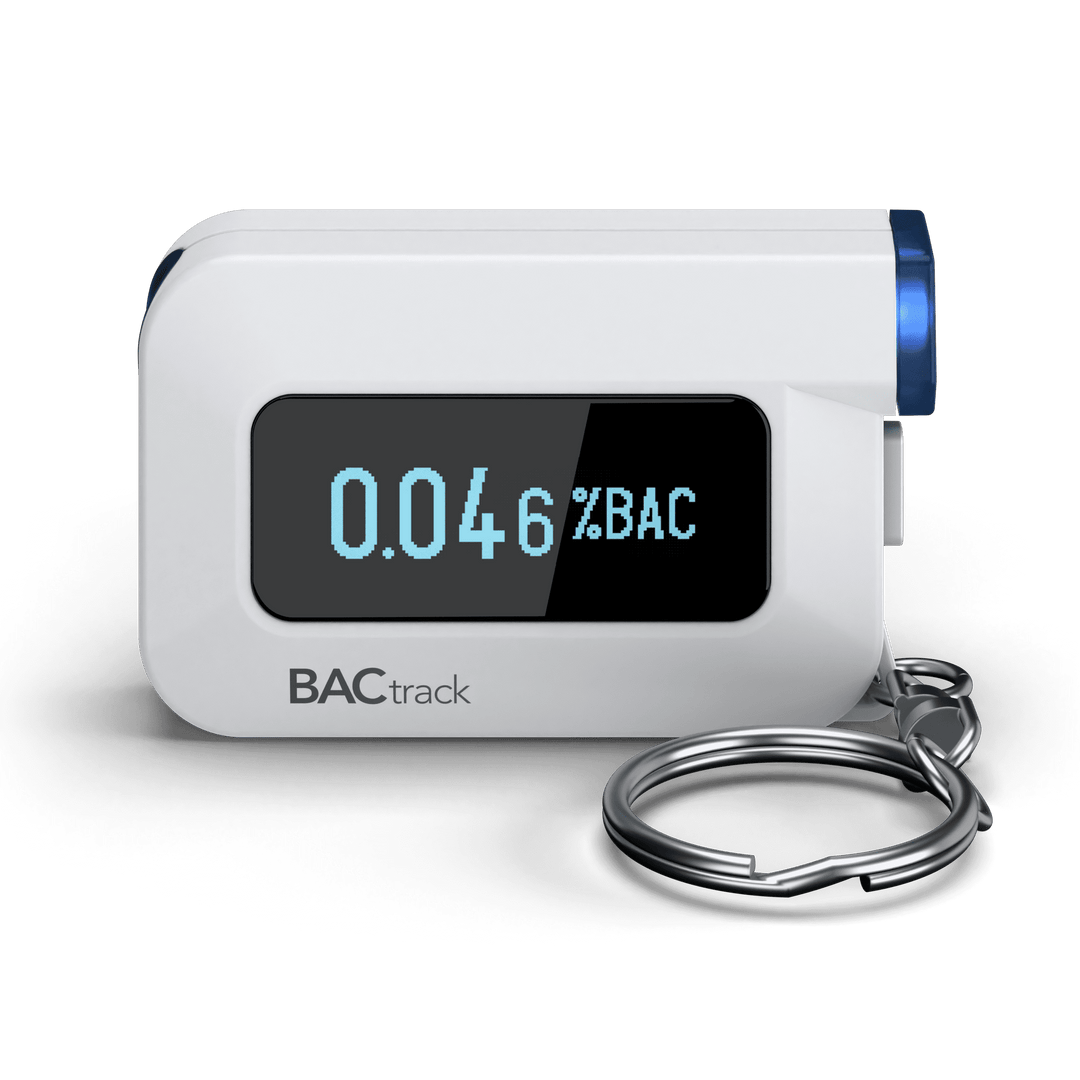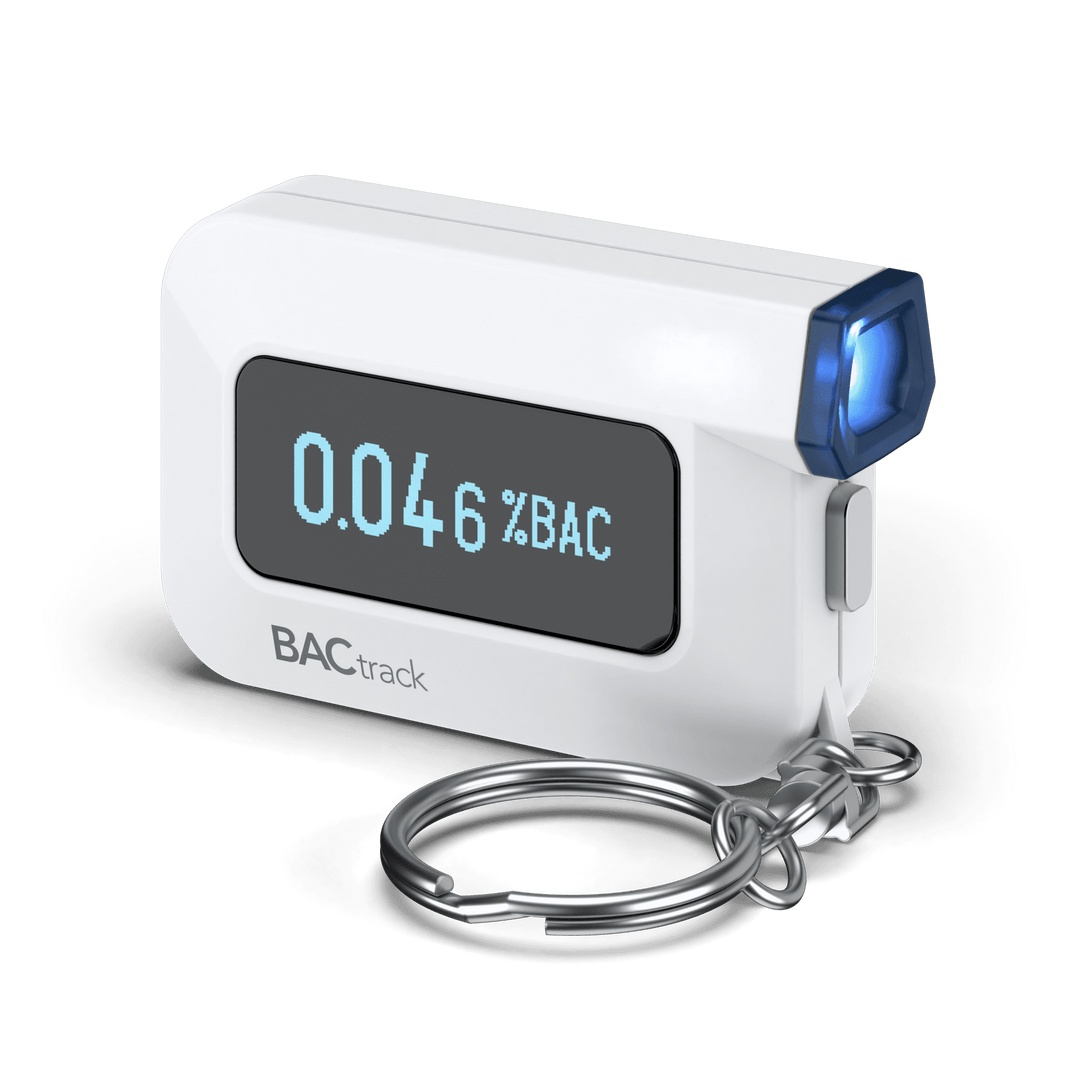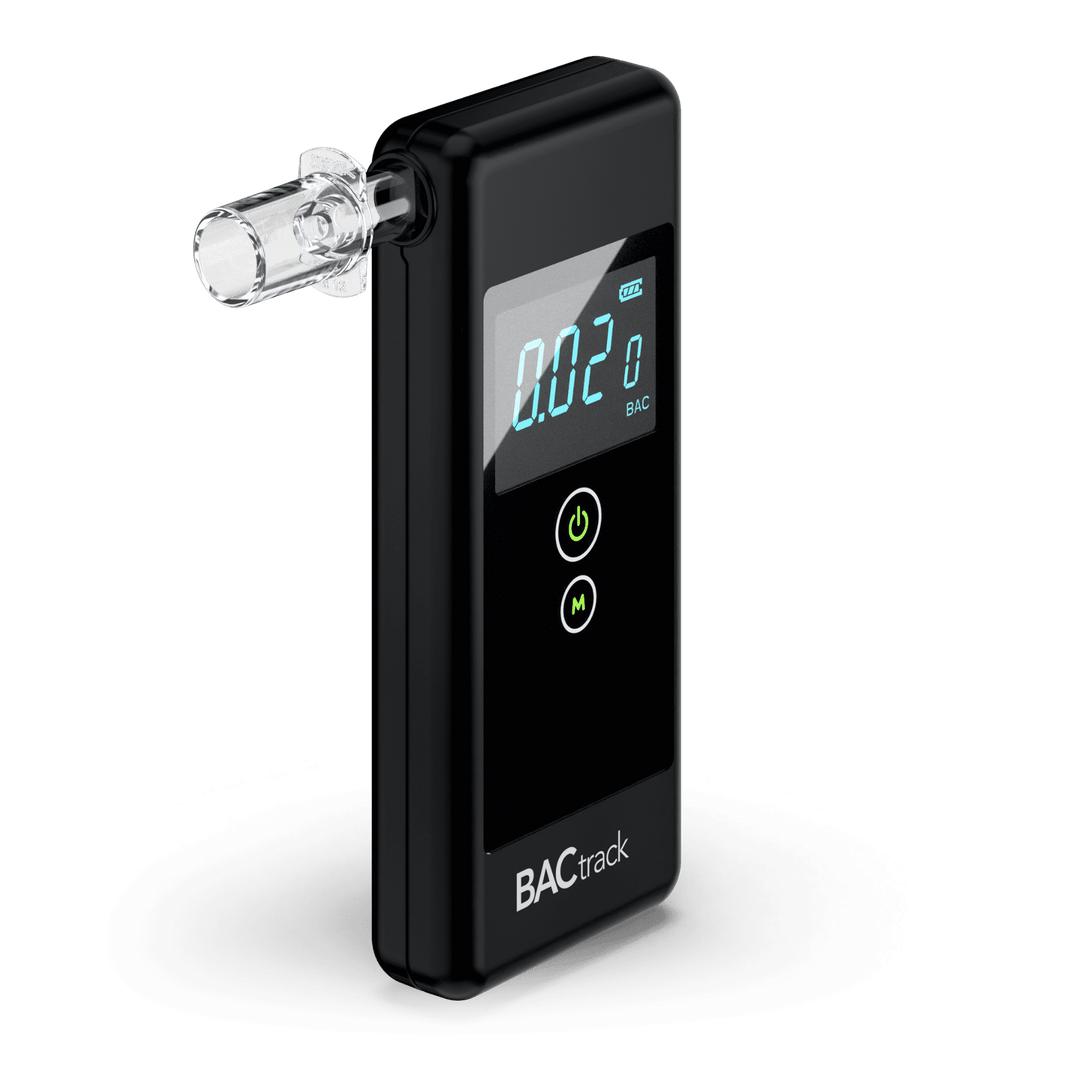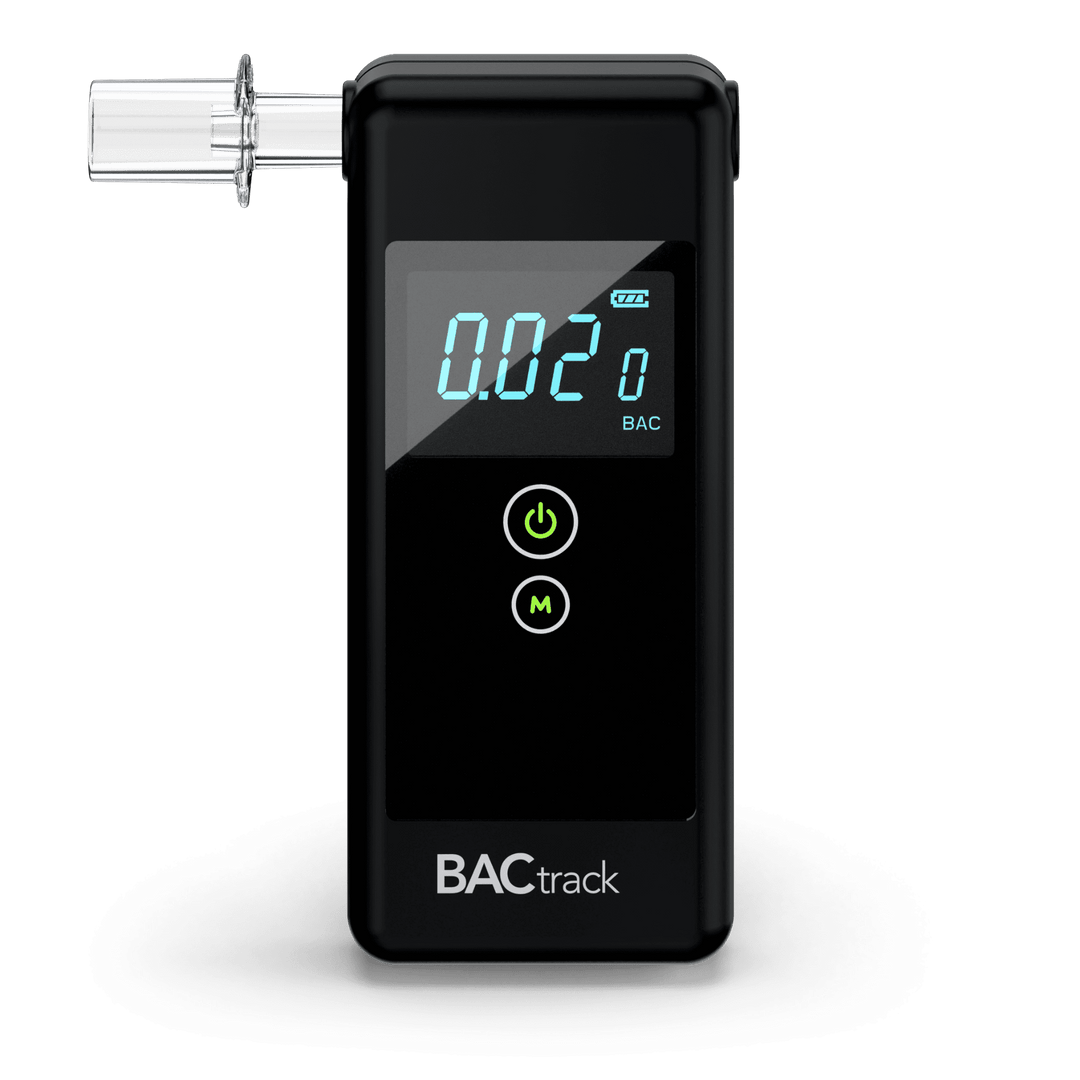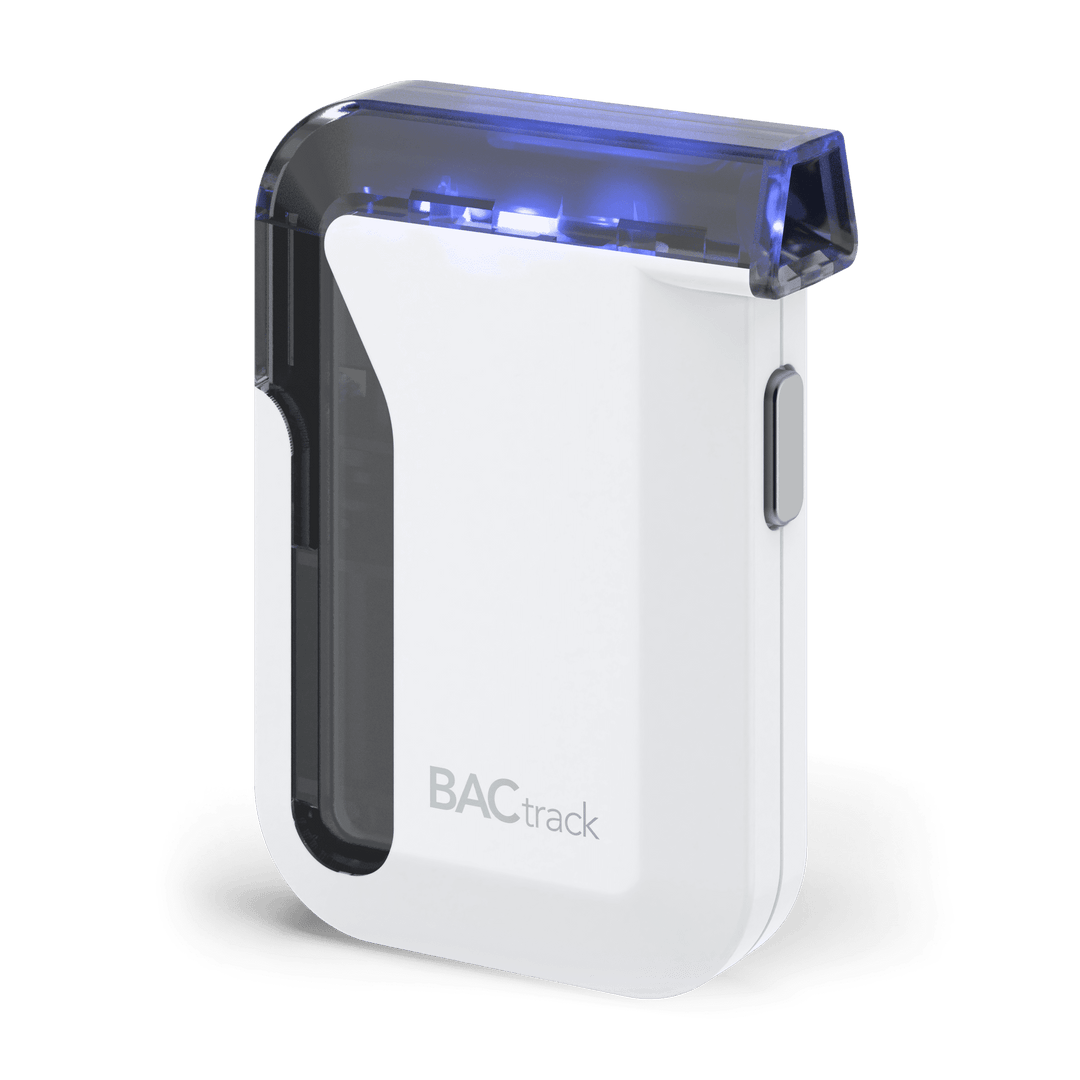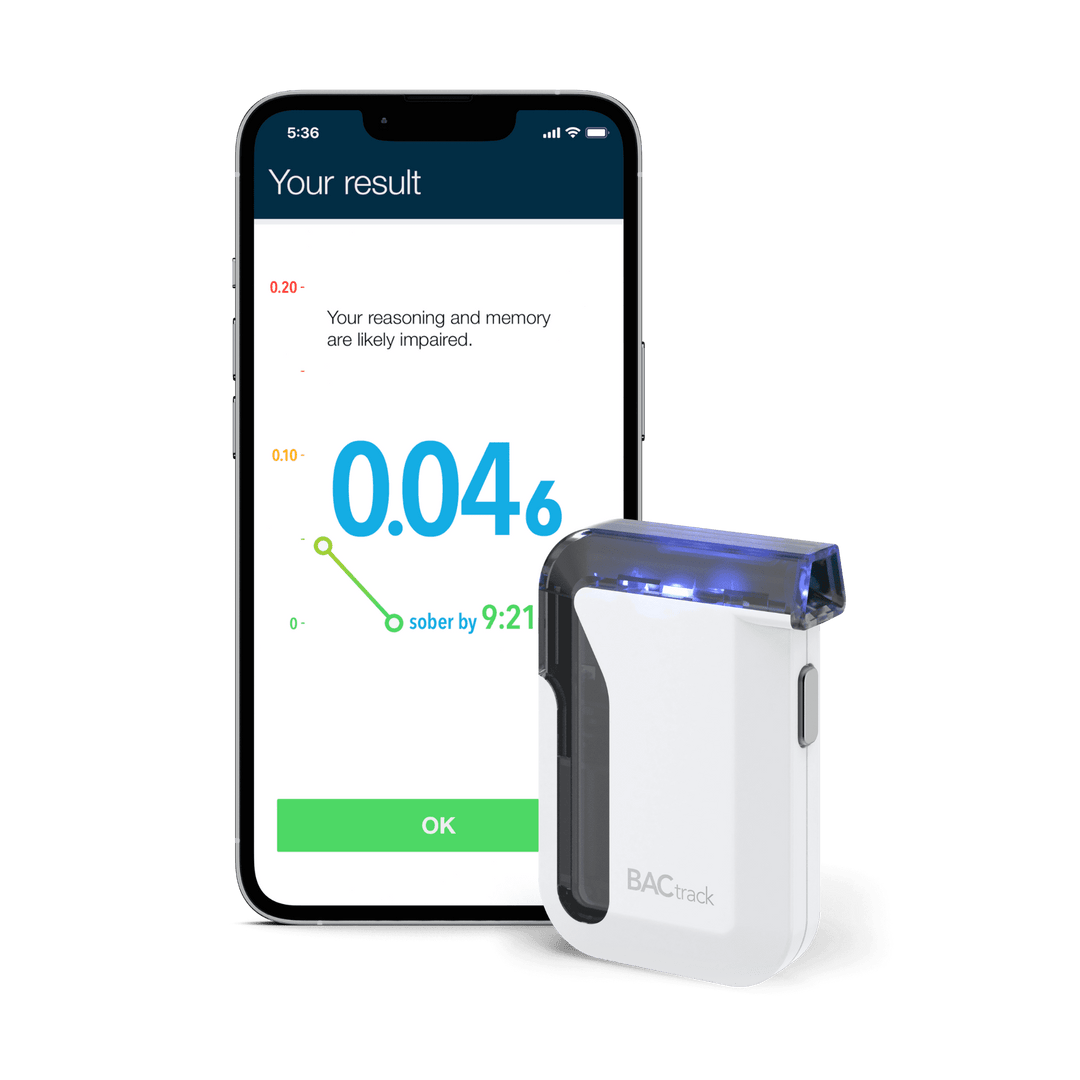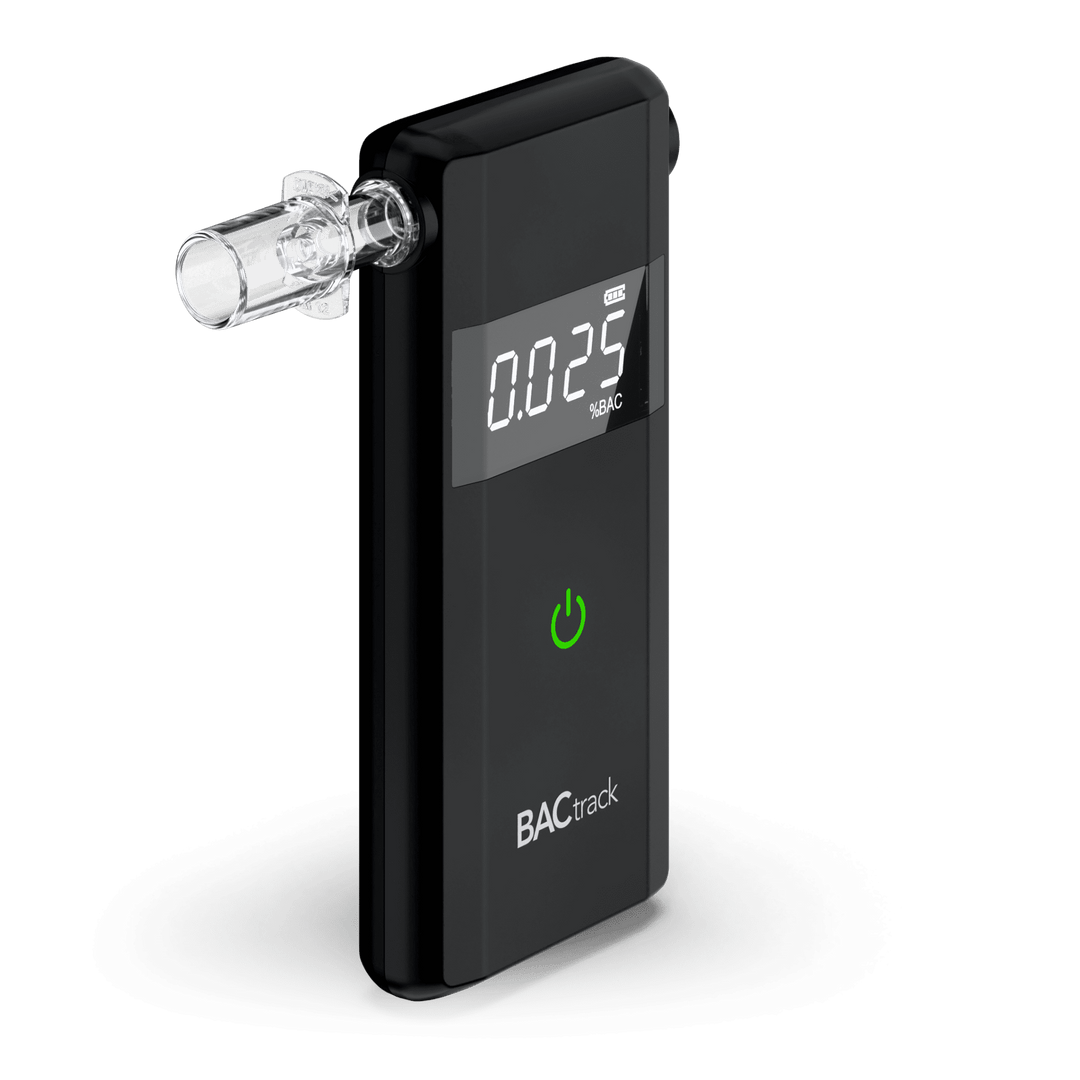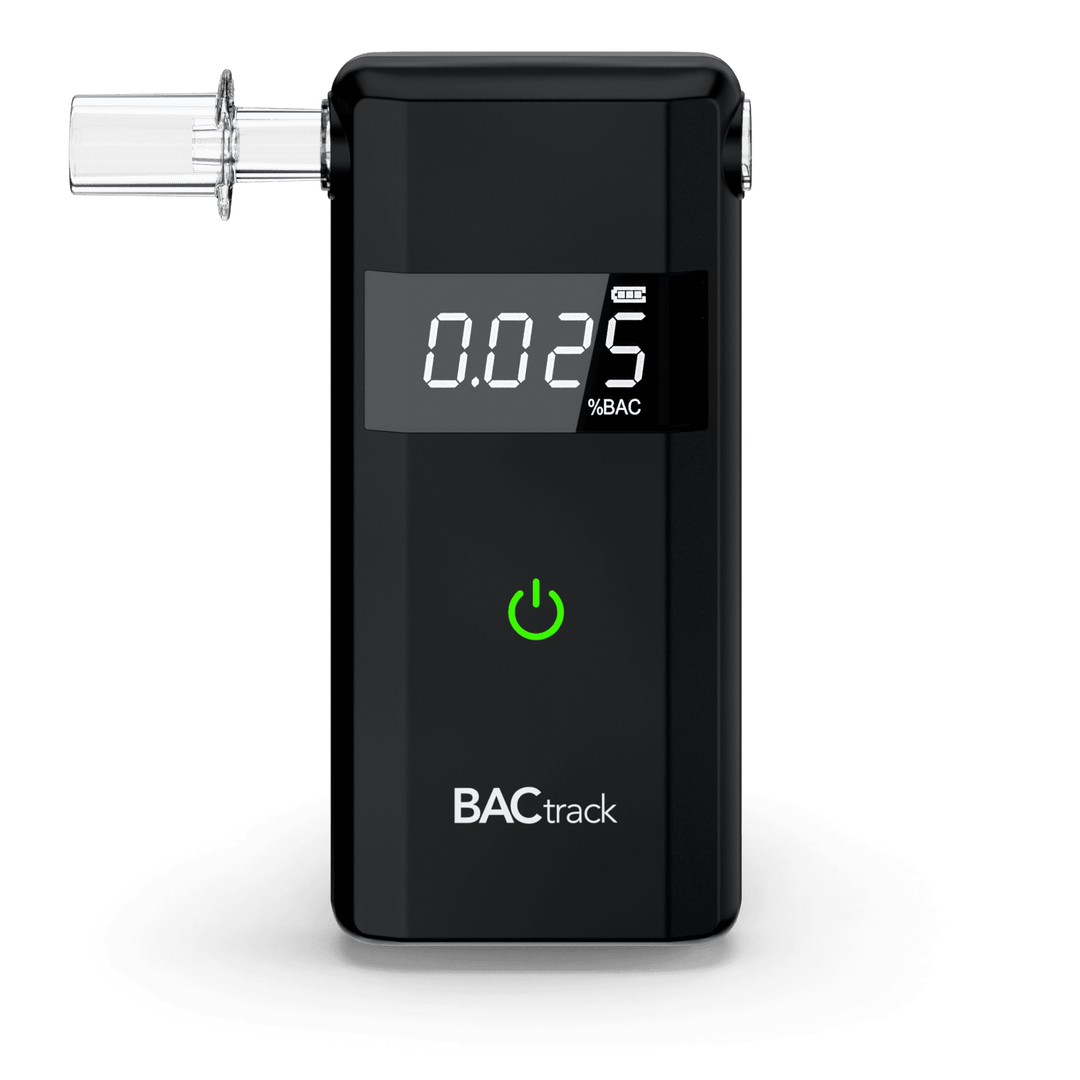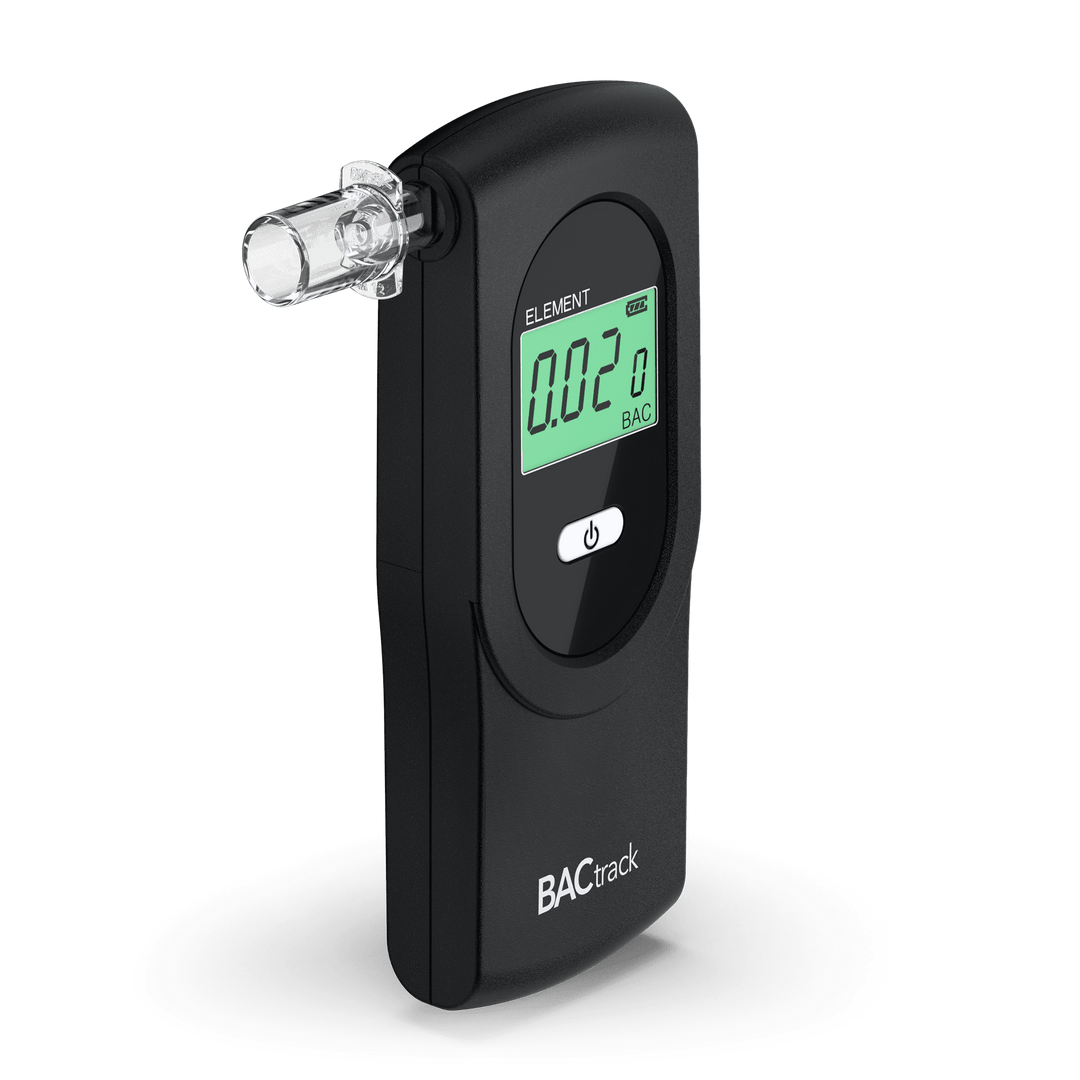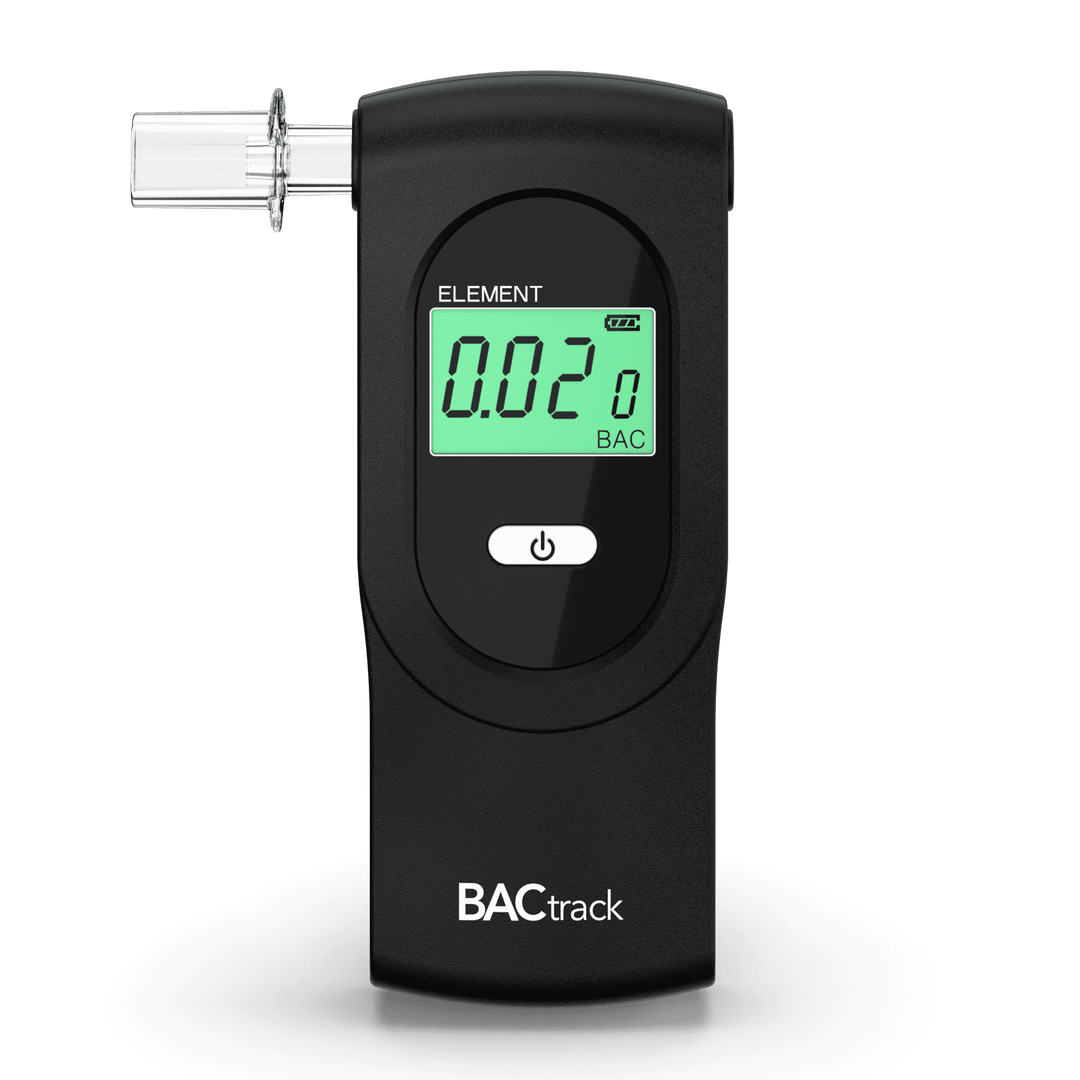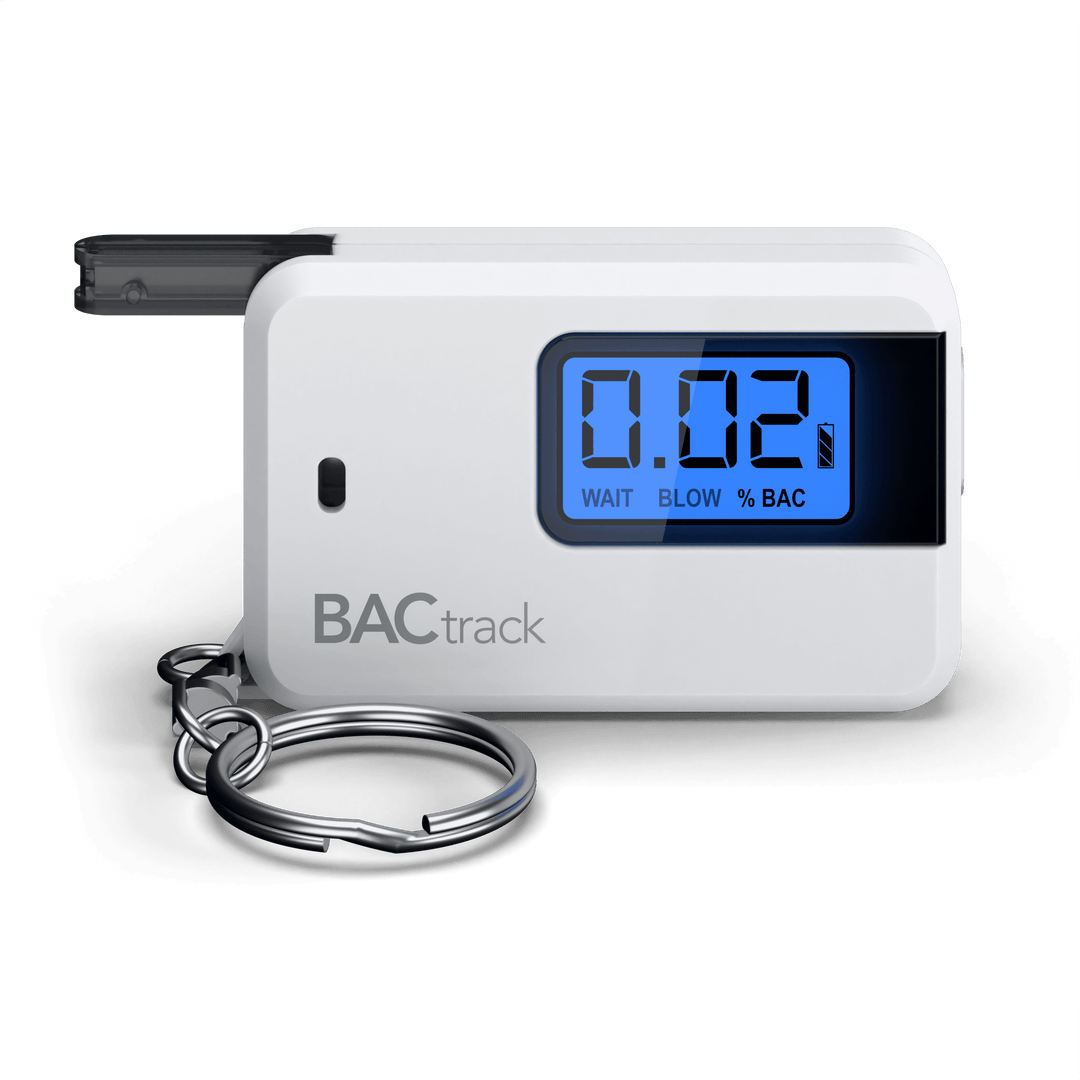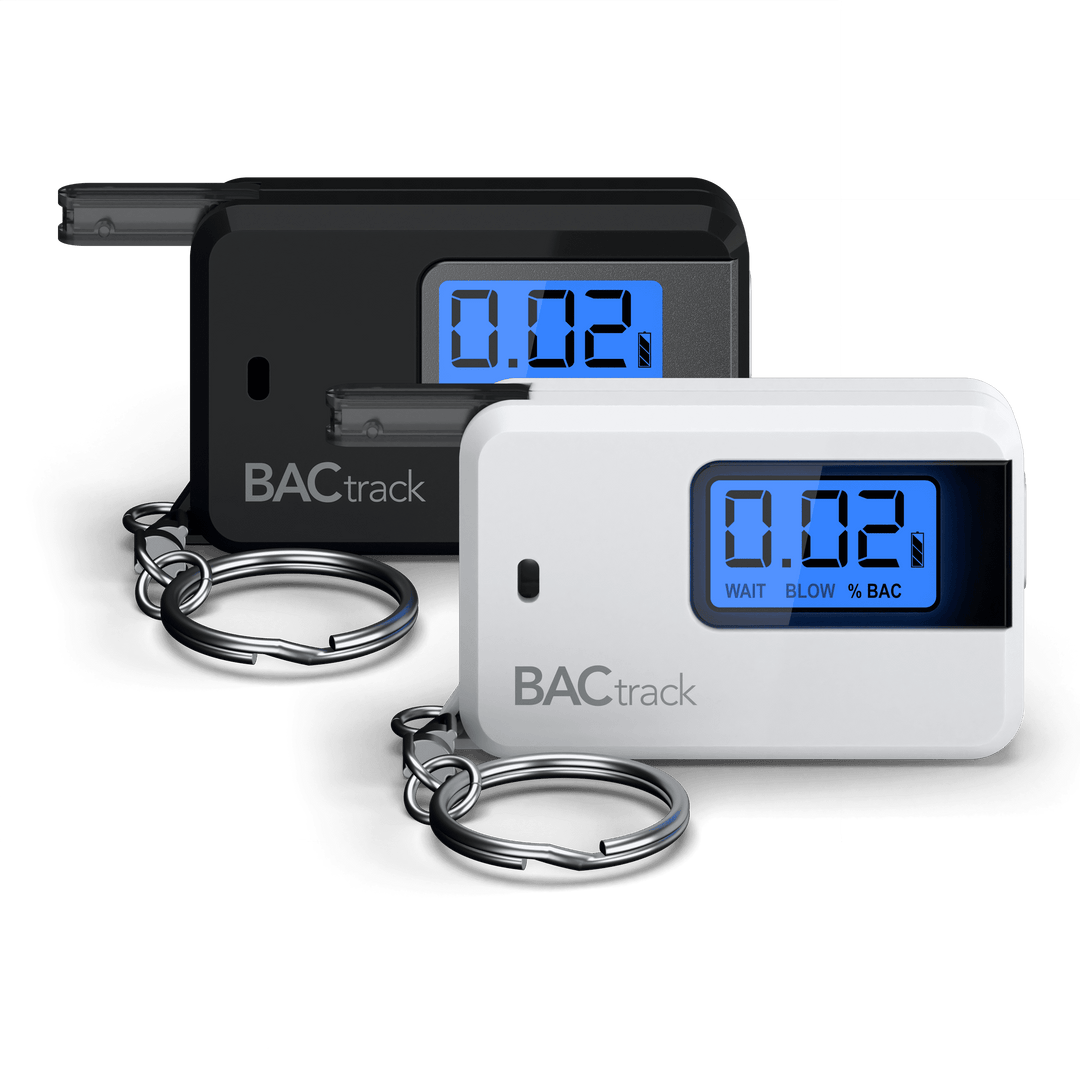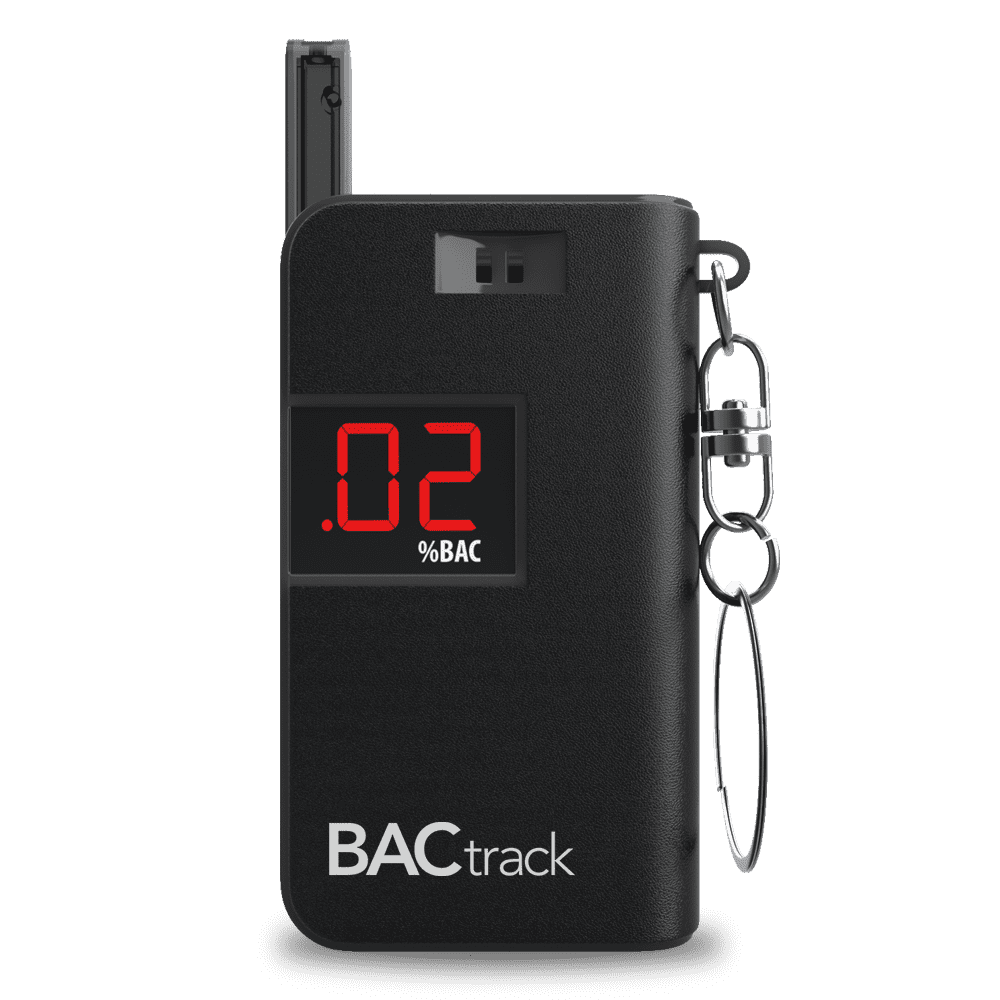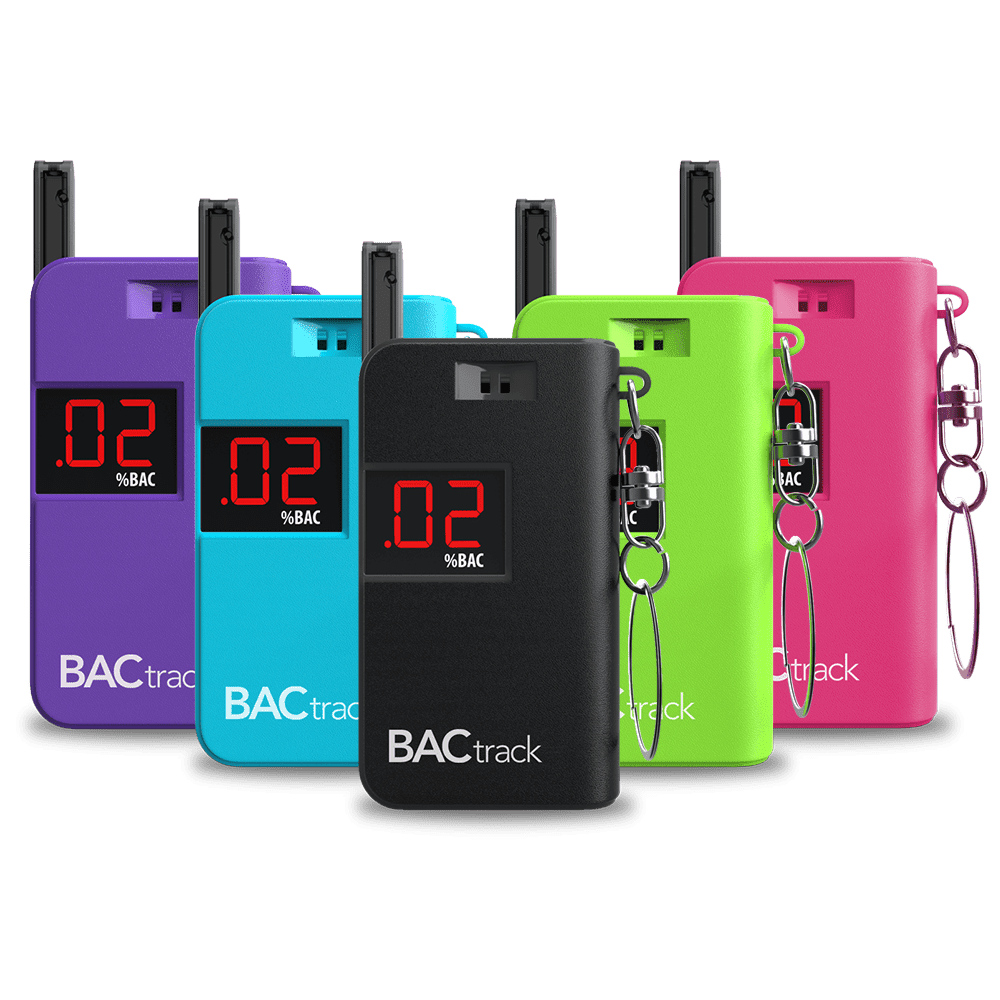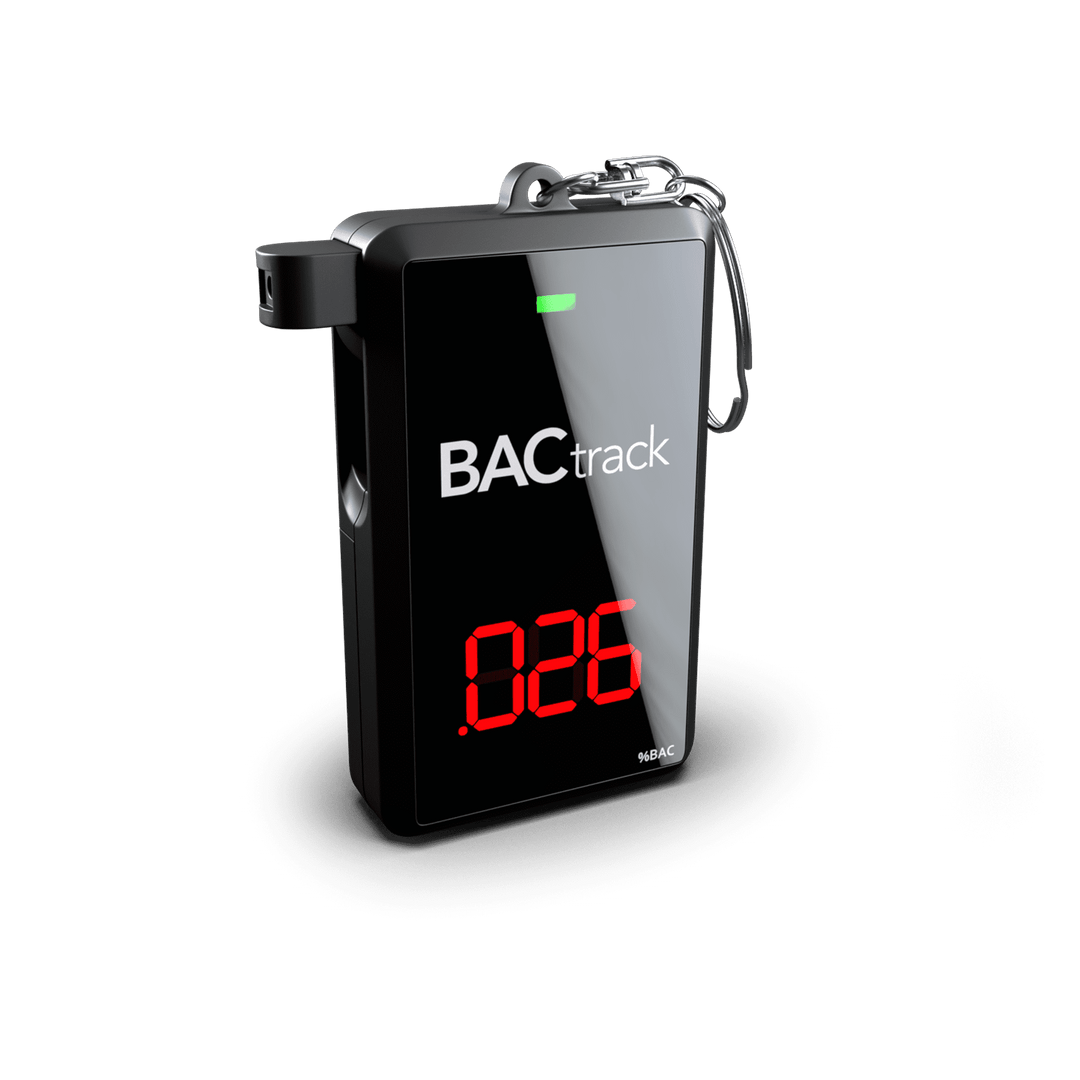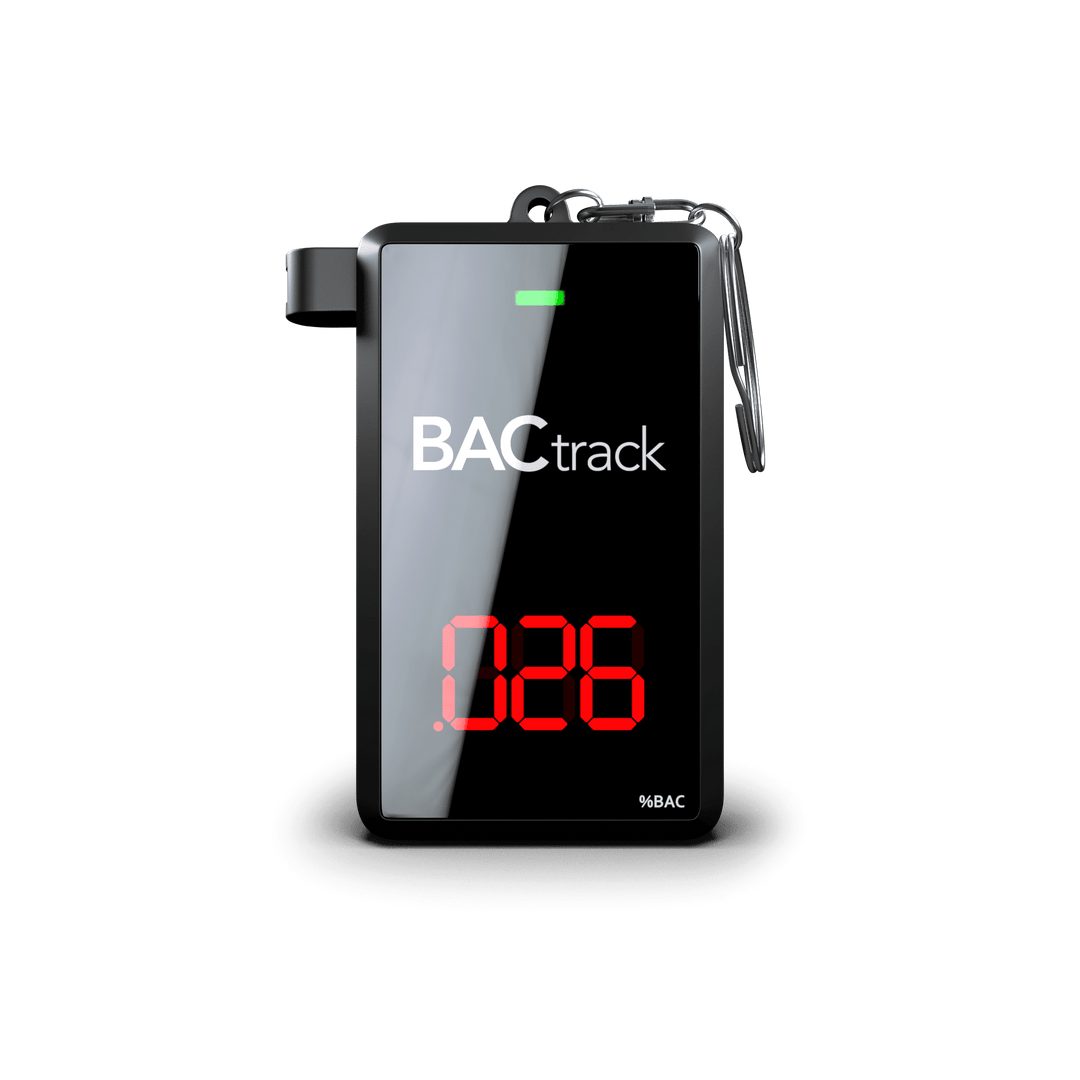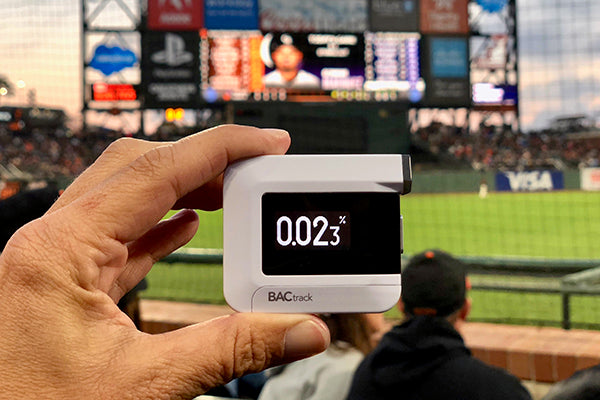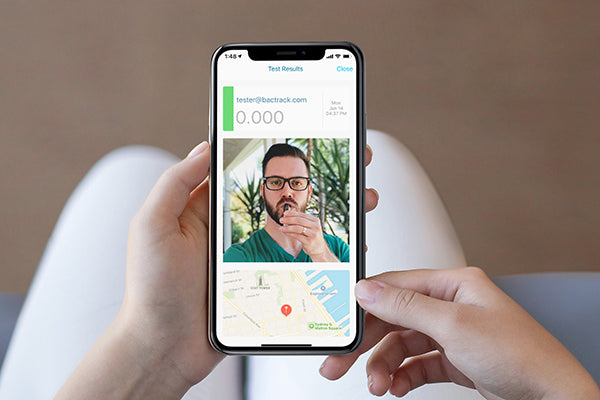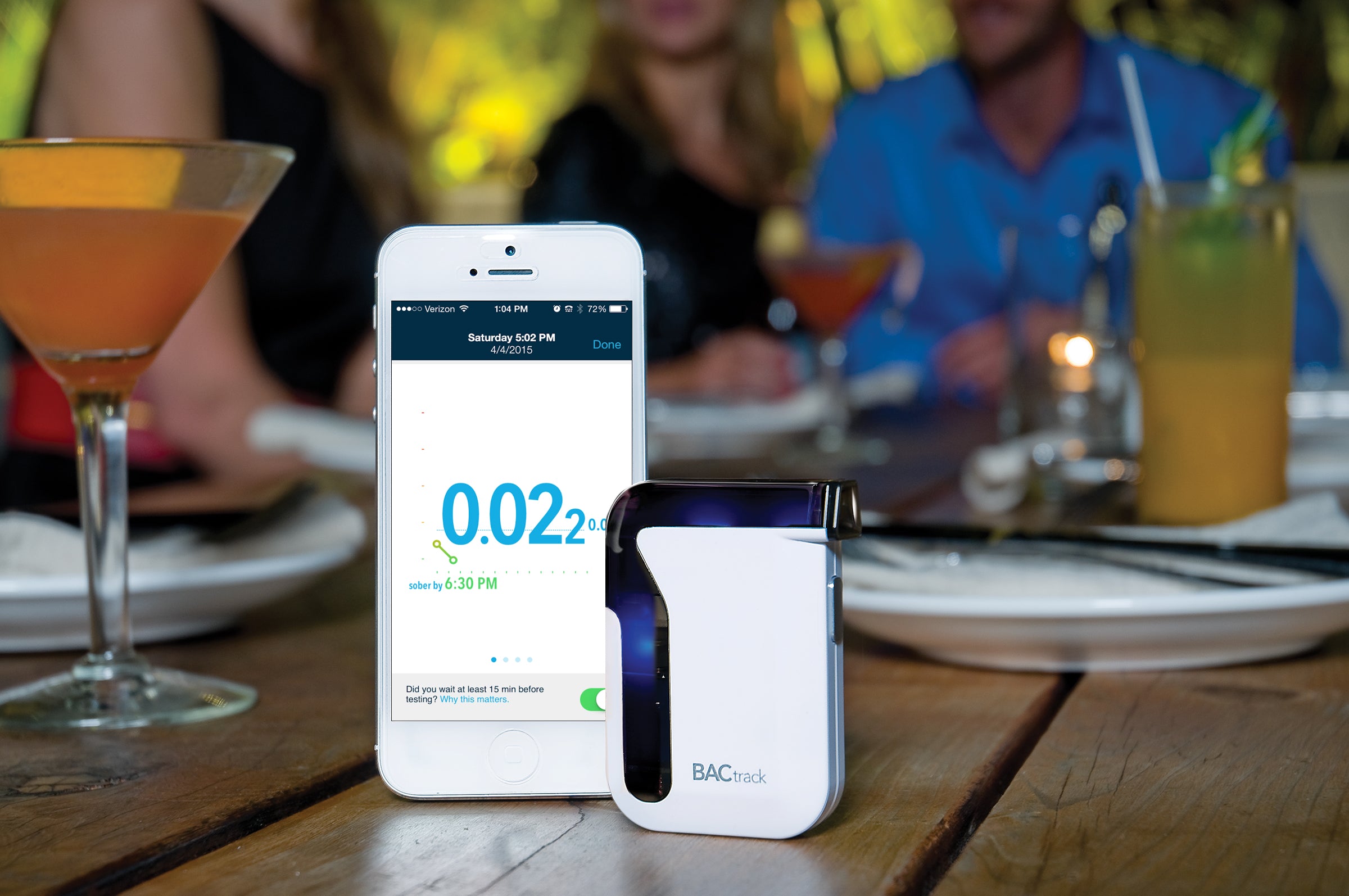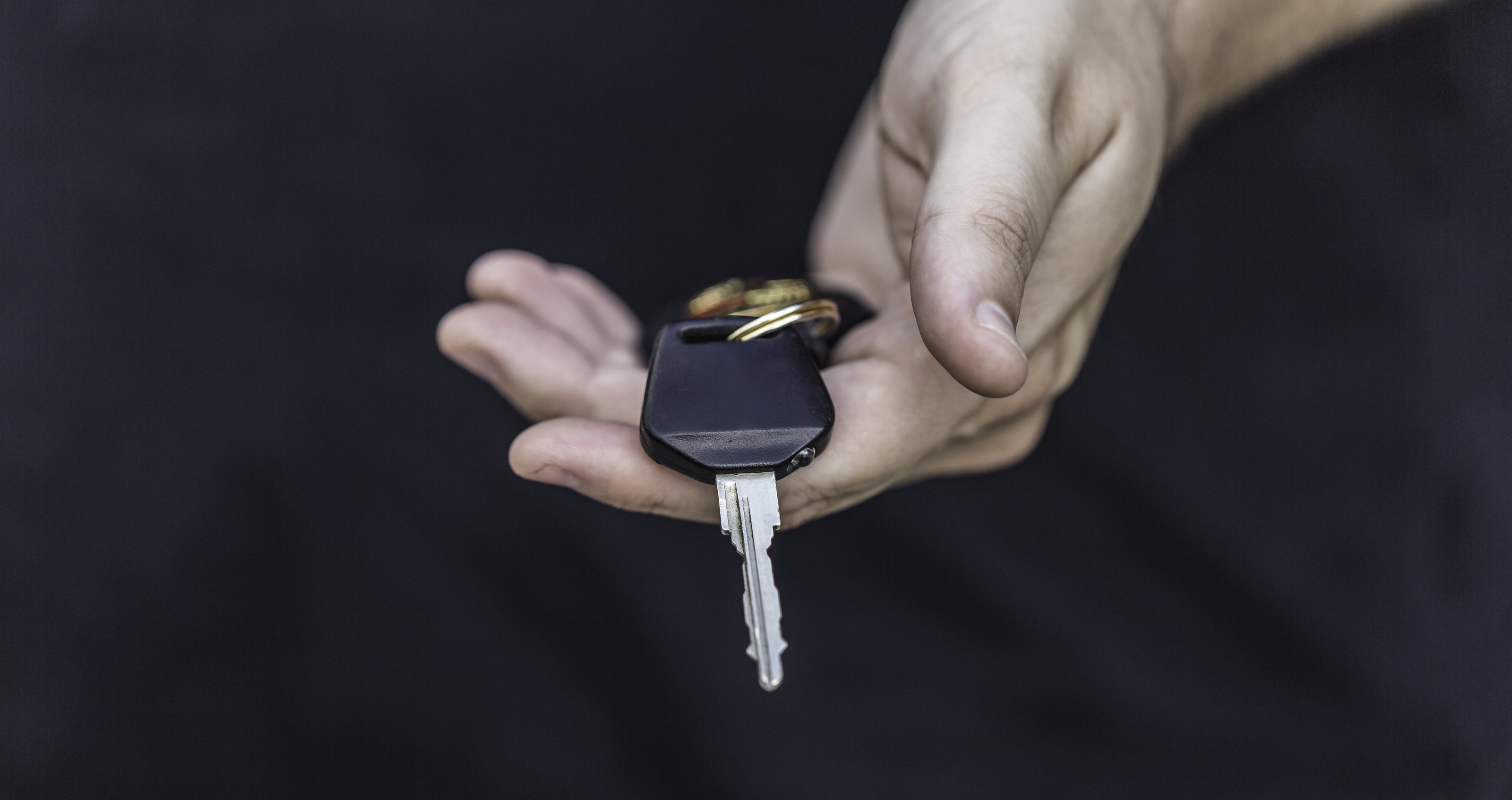In an era of heightened awareness about the perils of drinking and driving, the decimal, “0.08,” requires no explanation. We all know what it means: If your blood alcohol content (BAC) is 0.08% or higher, you’re legally impaired and you can be arrested for suspicion of driving under the influence (DUI).
When Does My “BAC Clock” Start?
You can measure your BAC just 15 minutes after you consume your first drink, and, according to conventional wisdom, your BAC level will remain within safe limits if you consume only one “standard” drink per hour. A standard drink is defined by the National Institute on Alcohol Abuse and Alcoholism (NIAAA) as half an ounce of alcohol (e.g., one 12 oz. beer, one 5 oz. glass of wine, or one 1.5 oz. shot of distilled spirits).
However, we all know that conventional wisdom can be wrong--sometimes wildly so. Intoxication begins with the very first drink. You should never drink and drive, no matter how much you've consumed. You can be impaired and arrested even if you BAC is under 0.08%.
Unlike charts, calculators, or rules, BACtrack Breathalyzers don't use generalizations--they use your breath to estimate your BAC. No other method is quite so fast, convenient and reliable.
A multitude of factors influence your BAC. These factors are unique to you, and can vary from one occasion to the next. In addition, individuals with the same BAC may experience different degrees of impairment.
Common Factors that Affect BAC
|
· Age · Gender · Rate of consumption · Drink strength · Body type · Fat/Muscle content · Metabolism · Hydration |
· Emotional state · Medications you are on · Food you've consumed · Carbonation of drinks · Alcohol tolerance · Overall health · 'Strength' or alcohol content of a drink
|
Seeing as there are many factors affecting BAC, it's very difficult to estimate how many drinks it would take for an "average person" to reach 0.08%. Additionally, not all drinks are created the same -- a cocktail served at one bar may have double the alcohol as that served at another bar. And this is the reason why a personal breathalyzer is an absolute necessity.
You should never drink and drive, no matter how much you've consumed. You can be impaired and arrested even if your BAC is under 0.08%.
Calculating Your BAC
There are four primary ways in which BAC is estimated (without taking a blood test, that is). Common methods and their pros and cons include:
- Self-assessment – As you imbibe alcoholic beverages and approach the 0.08% BAC legal driving limit, you may notice that you’re less inhibited and more extroverted than normal. If you continue drinking and sail past 0.08% BAC, you may experience dramatic mood swings, slurred speech, and, worst of all, unsound judgment. The obvious call: Don’t get in your car and drive. But that decision isn't so easy when you aren't thinking clearly. Self-assessment is a poor method of calculating your BAC.
- One-Drink-Per-Hour Rule – The one-drink-per-hour rule doesn't seem hard to track. Plus, it's convenient and free. But not all drinks are created equal. Wine and beer have varying alcohol concentrations, and the strength of a mixed drink can fluctuate radically depending on who is doing the mixing. Add inebriated judgement to the mix and you have a recipe for ruin. The one-drink-per-hour rule is too easy to break to be of any use in calculating BAC.
- BAC Calculators and Charts – Free and readily available on the web, BAC calculators and charts claim to help you approximate your BAC levels based on your gender, weight, and quantity of drinks consumed. Pretty simple right? Not so fast. BAC calculators and charts make huge assumptions about the strength of your drinks, and they don't take into account personal factors such as metabolism, health, medications, and recent consumption of food. When it comes to calculating BAC, these tools should never be relied upon.
- Breath Testing via a Breathalyzer – Commercially available breathalyzers are the most reliable way to measure your BAC. BACtrack's breath testing devices are lightweight, portable, and accurate. The BACtrack Professional Series Breathalyzers use Xtend® Fuel Cell Sensors; the same technology law enforcement officers use for roadside testing. Unlike charts, calculators, or rules, these devices don't use generalizations--they are totally personal to you; using your breath to estimate your BAC. No other method is quite so fast, convenient and reliable.
Know where you stand and make an informed decision today with a BACtrack Breathalyzer.
Shop for BACtrack Breathalyzers now.

